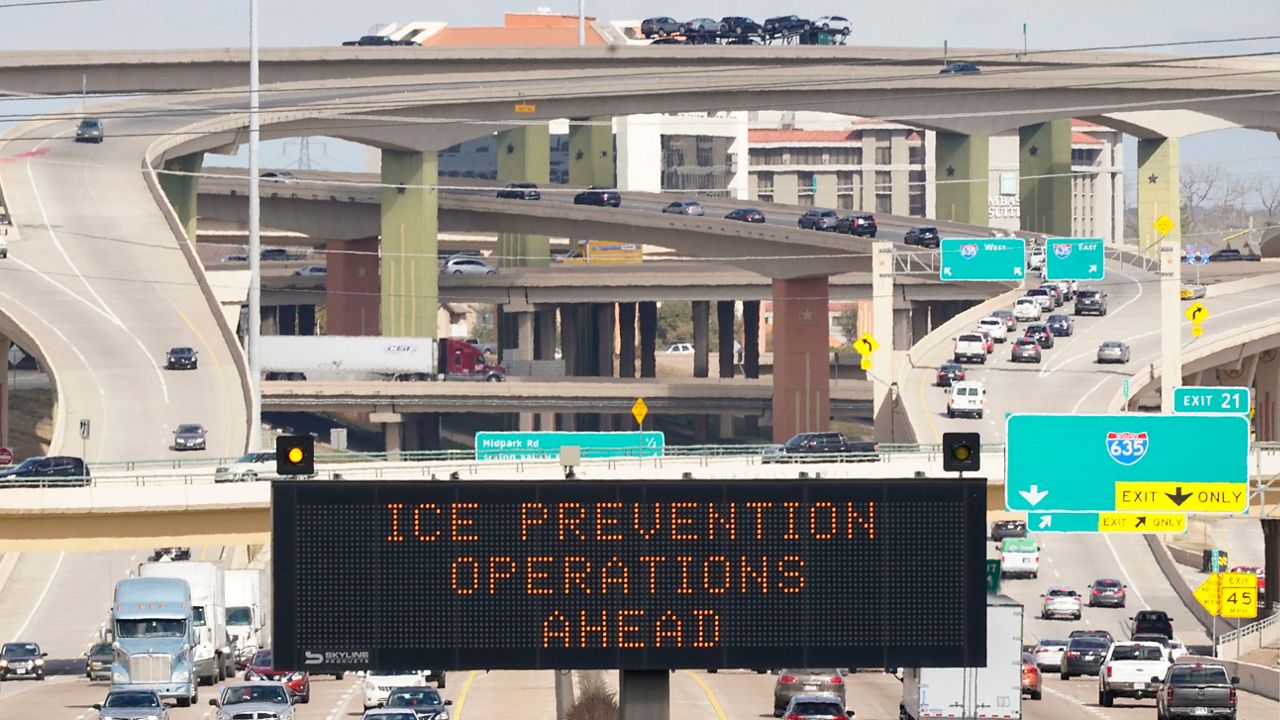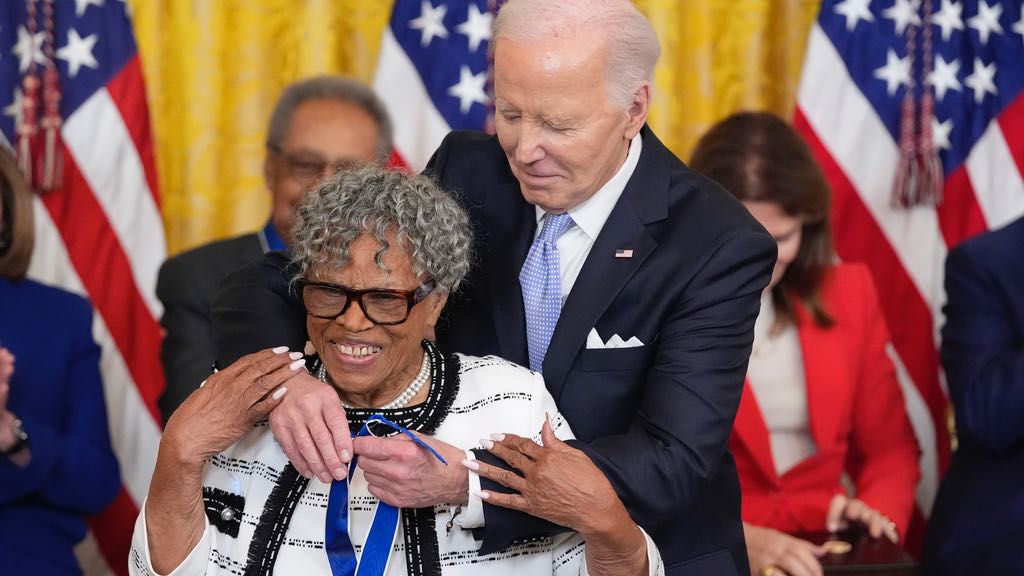AUSTIN, Texas — Taneka Ford has been seeing a nurse practitioner (NP) for more than 15 years.
“She’s helped me find behavioral specialists for my son. She’s helped me when I was also going through infertility issues. She was able to recommend me to different people,” Ford said. “I went through different issues where I just needed a shoulder to cry on, and she was there.”
Her NP is Lutricia Harrison. She operates her own clinic in Houston. Harrison’s mom inspired her to become a nurse.
“I always helped my mom take care of the family and the neighbors,” she said. “I was very passionate about nursing, so I decided to become a nurse.”
NPs in Texas have to pay a physician in order to do their job. That means without a doctor, nurse practitioners can’t help the patients who need them. NPs also have some restrictions on what medication they can prescribe.
“So if I have a patient who has ADHD, I cannot give them the medication,” Harrison said. “I have to refer them to a psychiatrist who can prescribe the schedule 2 [medication] or my collaborating physician will have to come in and see the patient in order to give the patient the medication that they need, which further delays care.”
But a bill that has bipartisan support in the Texas Senate would free NPs from these limitations. Sen. César Blanco, D-El Paso, and Sen. Mayes Middleton, R-Galveston, are co-authors.
Dr. Harrison and another Texas-based NP, Justin Cullers, think this would be good for Texas.
“More access, more options, more supply,” Culler said.
He’s a psychiatric nurse in Austin. If something happens to his collaborating physician, he’d be out of a job.
“If she were to pass away, anything were to happen to her today, I can’t work tomorrow,” he said. “And it might take me months to find someone else. And my patients would just be out there with no one to care for them.”
Both Harrison and Cullers said this legislation would be especially helpful in rural areas, where there may not be enough physicians to take on all the NPs who want to practice there. Cullers said that means some NPs are forced to leave Texas, or they choose to work in telehealth for another state so they don’t have to find a doctor to support them.
A new study found that Texas can ease its primary care shortage by 32% if it removes the state mandate on nurse practitioners.
“We can provide the care in those rural areas. We can provide care for those patients in those medically underserved areas. We can provide care in the hospitals for those patients who need access and will be able to get the care quicker,” Harrison said.
As for Ford, she wants others to have the same access to NPs that she’s had for years.
“They should not have that barrier there to do what they love, and they’re needed, and they’re wanted in the community,” Ford said.








